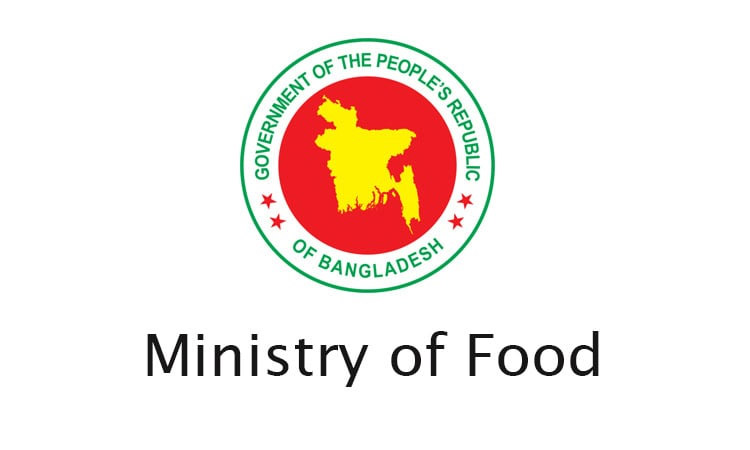News Flash

DHAKA, Oct 15, 2025 (BSS) - Bangladesh has sufficient food stocks and no risk of a food crisis, thanks to ongoing government food subsidy programs benefiting millions of lower-income citizens throughout the year.
Several crore people are receiving support through initiatives such as Open Market Sales (OMS), the Food Friendly Programme (FFP), and the school feeding program.
"We have strengthened public food distribution, enhanced digital food grain management, and ensured timely procurement of food grains at fair prices from growers," Md Masudul Hasan, Secretary of the Ministry of Food, told BSS today.
He said the ministry's priorities include the welfare of growers, citizens' nutrition, and national food security.
Despite challenges from climate change, global market instability, and recent political transitions, Bangladesh's food system remains stable and resilient, he added.
The government continues to make food accessible and affordable, particularly for poor and vulnerable groups, through OMS, FFP, VGF, VGD, and school feeding programs, aiming for a hunger-free Bangladesh by 2030, the secretary noted.
Currently, OMS operates through 1,901 centers across the country, providing 1.22 crore families with 5 kilograms of rice per month at a subsidized rate of Taka 30 per kg. Wheat is distributed to listed tea garden workers at Taka 19 per kg.
In addition, 55 lakh families now receive 30 kilograms of rice per month, an increase from the previous five-month program, which has been extended to six months from August to reduce pressure on families forced to buy rice at higher market prices.
Under the vulnerable women benefit program, 10.4 lakh destitute women receive 30 kg of rice monthly.
Bangladesh's food grain stock has reached an all-time high of 15.89 lakh tonnes, driven by strong Boro procurement and lower distribution in July.
Of the total, rice accounts for 15.30 lakh tonnes, wheat 55,804 tonnes, and paddy 4,360 tonnes, according to ministry data. This surpasses the previous record of 14.35 lakh tonnes in October 2024.
"This significant stock is the result of good Boro production, record procurement, and alignment between market prices and government purchase rates," the secretary said. Lower distribution in July also helped build reserves.
The government plans to import an additional 5 lakh tonnes of rice and 4 lakh tonnes of wheat by December to further bolster stocks.
"To prevent any potential shortages, the food department remains alert to increase buffer stocks through internal and external procurement. Since independence, the department has never failed in its mandate," he said.
The secretary also noted that upcoming Aman procurement is underway, and five-year government-to-government contracts for rice and wheat imports have been signed with Myanmar, Vietnam, Pakistan and the USA.
Md Moniruzzaman, Director of the Procurement Division, said the government has procured the highest amount of paddy and rice in the country's history, made possible through prior planning for food security.
The ministry also reported that government food grain storage capacity has increased to 23.88 lakh tonnes this fiscal year with the completion of four modern silos in Madhupur, Barishal, Mymensingh, and Narayanganj.
Officials added that ensuring food for nearly 18 crore people remains a major challenge as arable land for food grain cultivation continues to shrink.
Seven more silo warehouses, each with a capacity of around 50,000 tonnes, are under construction nationwide.